hy take this drastic step? In two words, fairness and flexibility. Let’s get right into the details.
Dollar threshold increase: The applicable project value threshold has been raised from $25 million to $35 million, and it expands the range of projects affected.
Small business consideration: The rule acknowledges the impact on small businesses, promising assistance from the US Office of Management and Budget, or OMB, and the US Department of Labor, or DOL, though details of this support remain unclear.
Effective date and exceptions: The mandate applies to solicitations from January 22, 2024 onward, with very limited exceptions available.
Legal costs: The requirement introduces potential legal complexities, as contractors navigate compliance and potentially challenge unfair conditions.
Negotiation dynamics: With the government stepping back from direct negotiation roles, contractors are left to negotiate PLAs from scratch, often without prior experience or established frameworks, increasing the risk of unfavorable terms.
